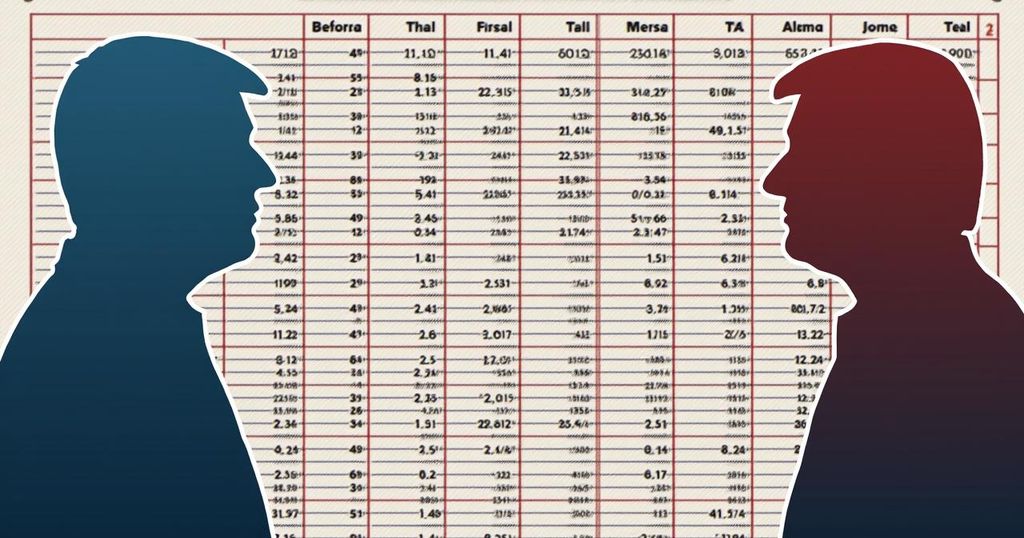Independent Experts Validate Opposition’s Claims of Maduro’s Election Loss
A group of independent experts, the Carter Center, has validated the opposition’s vote tally sheets as evidence that Nicolás Maduro lost the recent presidential election in Venezuela. The experts assert that the electronic voting system worked correctly, and transparency is needed regarding the election results.
An independent group of election experts, commissioned to observe the Venezuelan presidential elections held on July 28, has validated the opposition’s tally sheets as credible evidence of Nicolás Maduro’s defeat. This declaration was made during a session of the Organization of American States (OAS), where representatives from the U.S.-based Carter Center emphasized the functionality of the electronic voting system used in the election, and noted that both the ruling party and other interested parties are aware of the election’s true outcome. The controversy surrounding the election results stems primarily from the tally sheets known as actas, which serve as essential proof of the voting outcomes in Venezuela. The election saw the deployment of approximately 30,000 electronic voting machines, each generating multiple copies of these sheets as the voting data was transmitted to the National Electoral Council. Despite the ruling party’s assertion that Maduro had won the election shortly after the polls closed, they failed to publish the detailed results, claiming a cyber attack had compromised their website. In contrast, the main opposition coalition managed to obtain tally sheets from over 80% of the voting machines and subsequently made these documents public online. The government responded by dismissing these records as fraudulent and initiated an investigation against several opposition figures, including candidate Edmundo González. “The voting system is electronic, but it offers a paper trail – proof of what the electronic machine reports – and that is what was collected by tens of thousands of poll watchers, not just from the opposition, but also from the government party, the PSUV, that also has the same information,” stated Jennie Lincoln, who led the Carter Center’s mission in Venezuela. Lincoln clarified that while the observations are significant, it is ultimately the role of the electoral authorities to declare the election results. Lincoln revealed that the Carter Center had recently received the tally sheets used during the OAS session through international mail, although she did not disclose the sender’s identity. The OAS and several member states have called upon Venezuela’s electoral authorities to release detailed voting data to clarify the election’s outcome. This session was organized in response to requests from Argentina, Costa Rica, Panama, the United States, Guatemala, Guyana, Peru, the Dominican Republic, and Ecuador.
The Venezuelan presidential elections have been a focal point of tension between the ruling party and opposition factions. The controversies often revolve around the legitimacy of the electoral process and the resulting claims of impropriety. The actas, or tally sheets, are critical documents in this context, traditionally regarded as evidence of the election results. Independent electoral monitoring is essential to validate claims made by both sides, particularly in a politically charged environment. The Carter Center’s involvement signifies the international community’s interest in ensuring fair electoral practices in Venezuela, emphasizing the need for transparency and accountability in the electoral process.
In summary, the acknowledgement by independent election experts that the tally sheets supporting the opposition’s claims are legitimate adds credibility to the assertion that Nicolás Maduro was defeated in the recent presidential elections. The reliance on electronic voting combined with paper confirmation is pivotal in such disputes, highlighting the importance of detailed voting data that remains unreported by electoral authorities. The ongoing calls from the OAS and various nations for transparency further underscore the significance of this electoral controversy in Venezuela.
Original Source: www.cbsnews.com




Post Comment